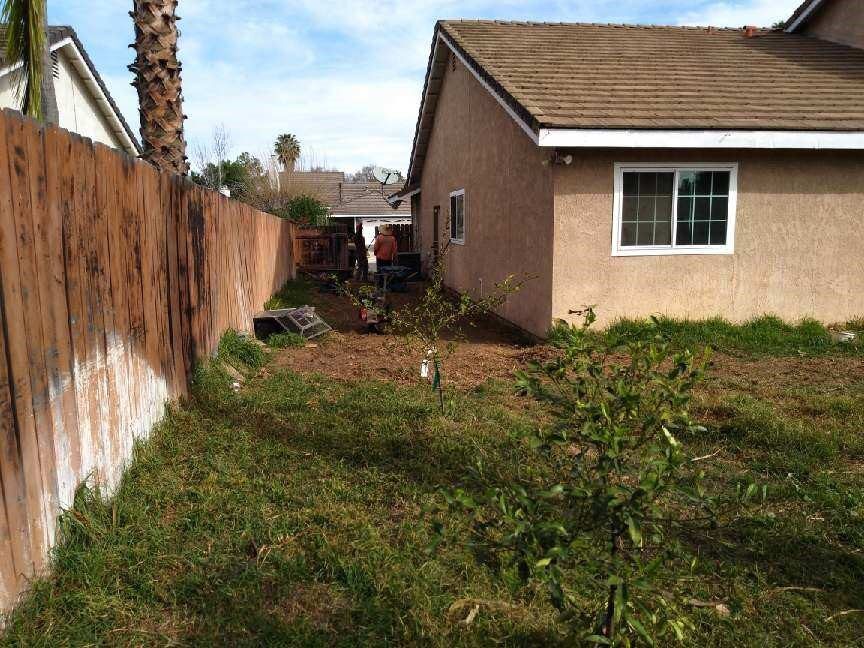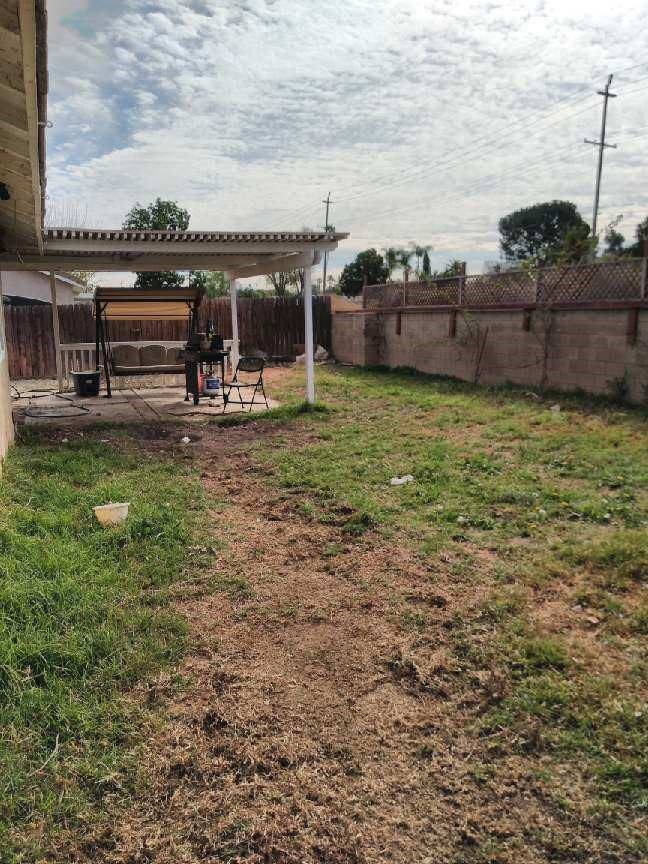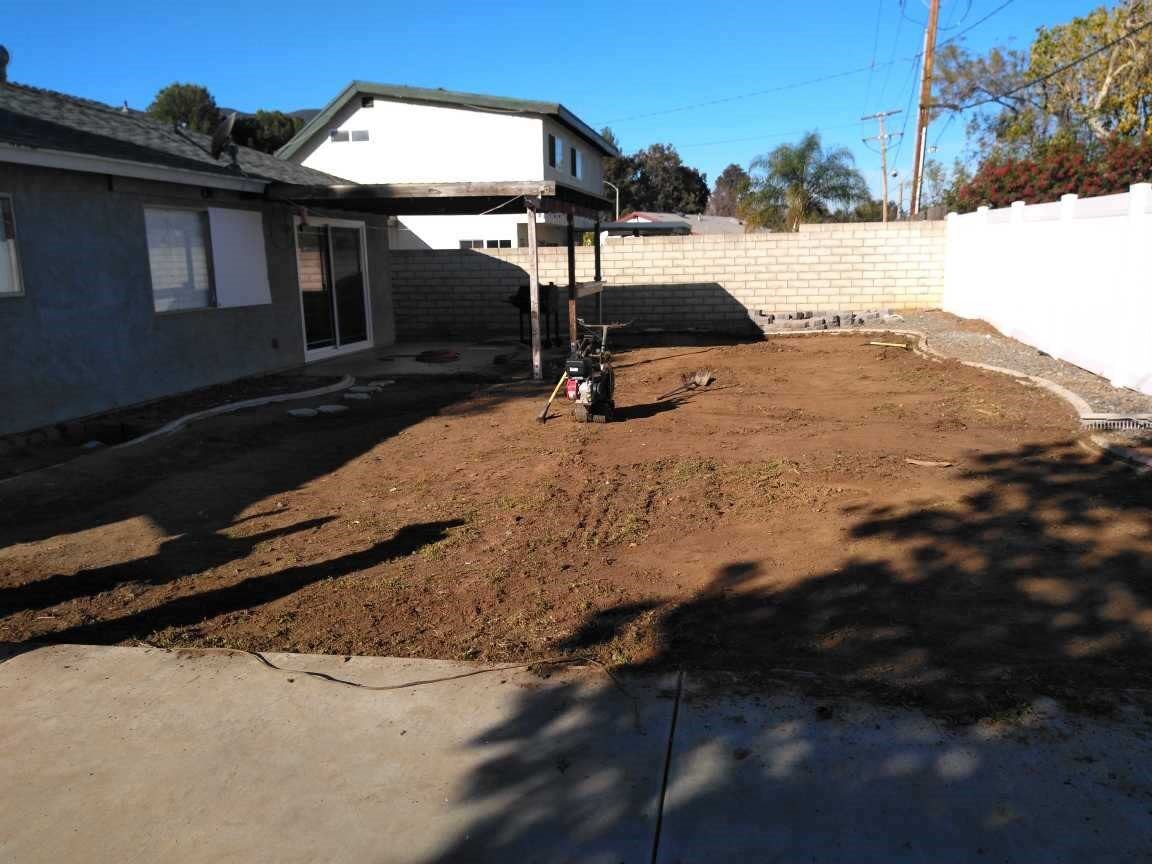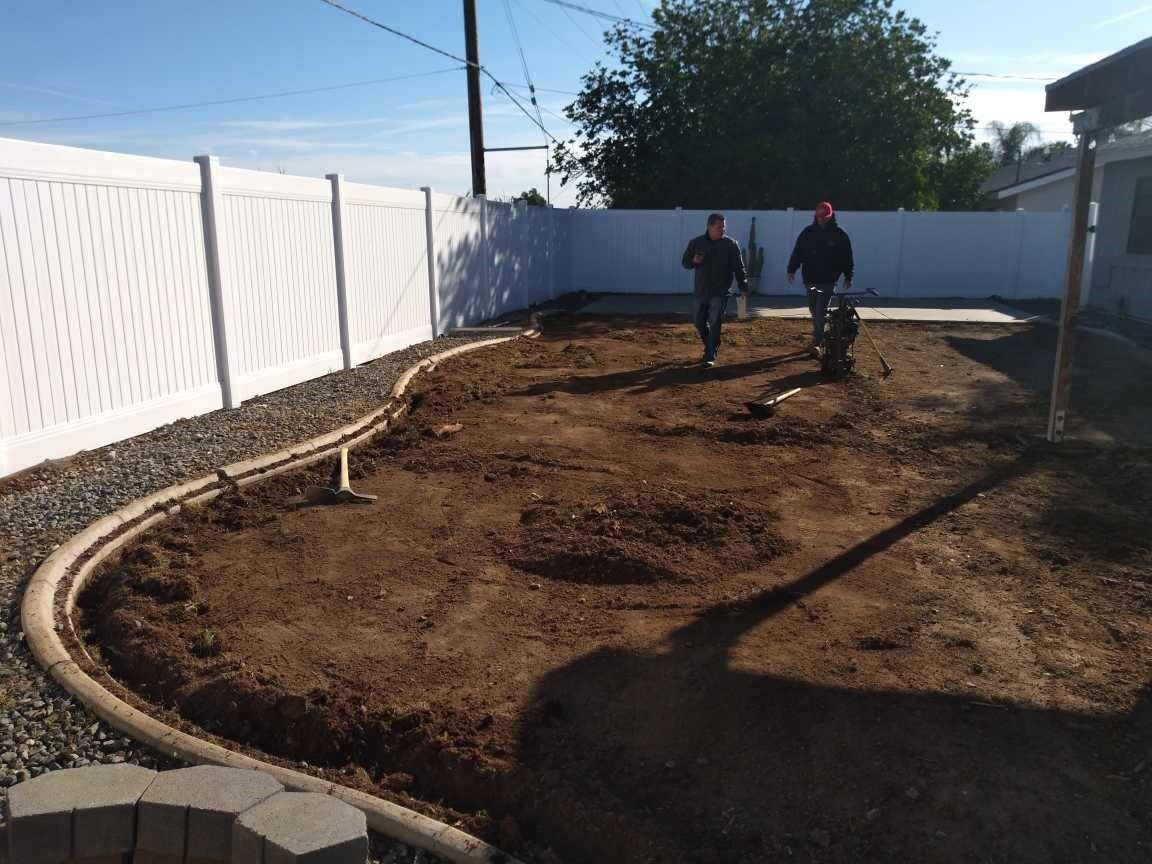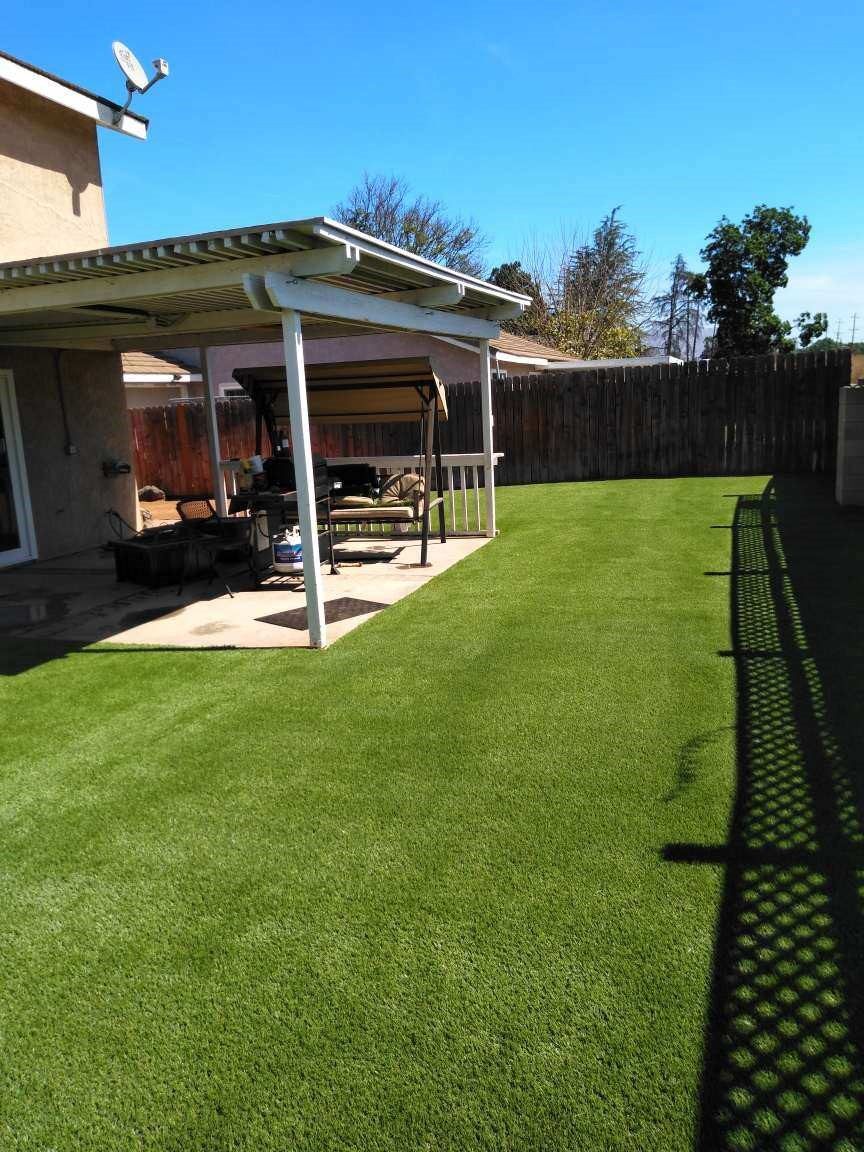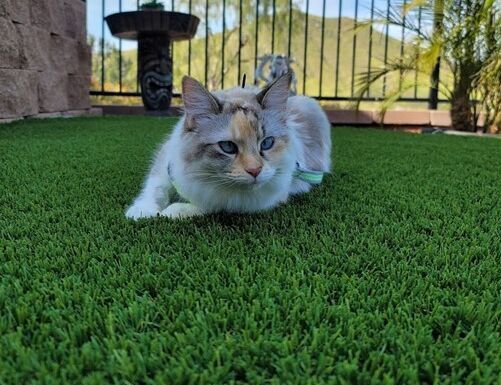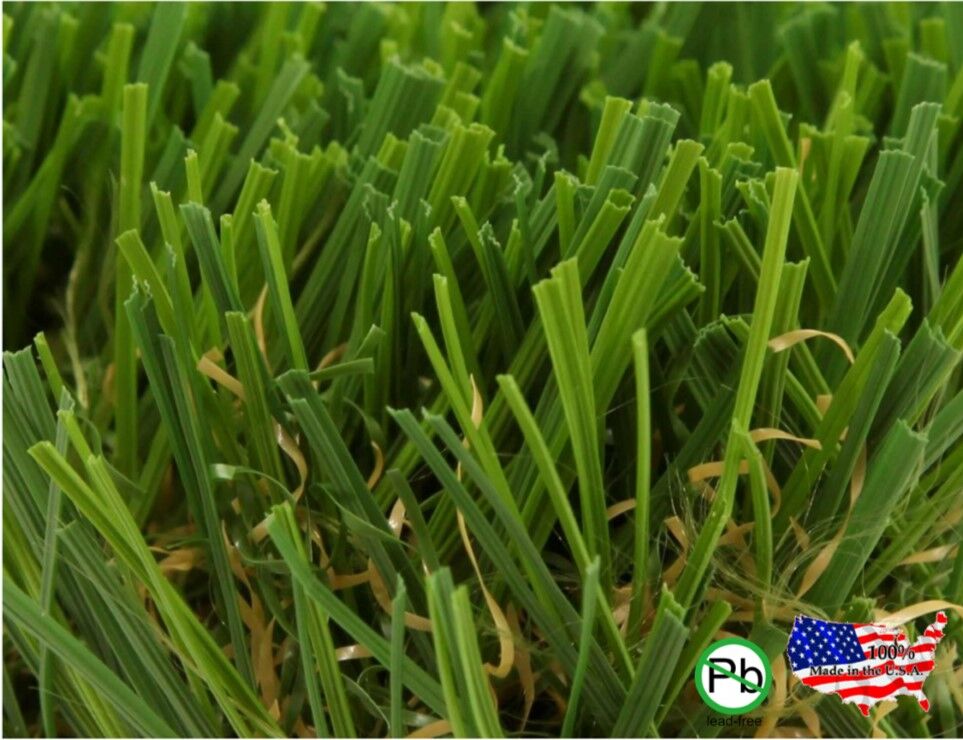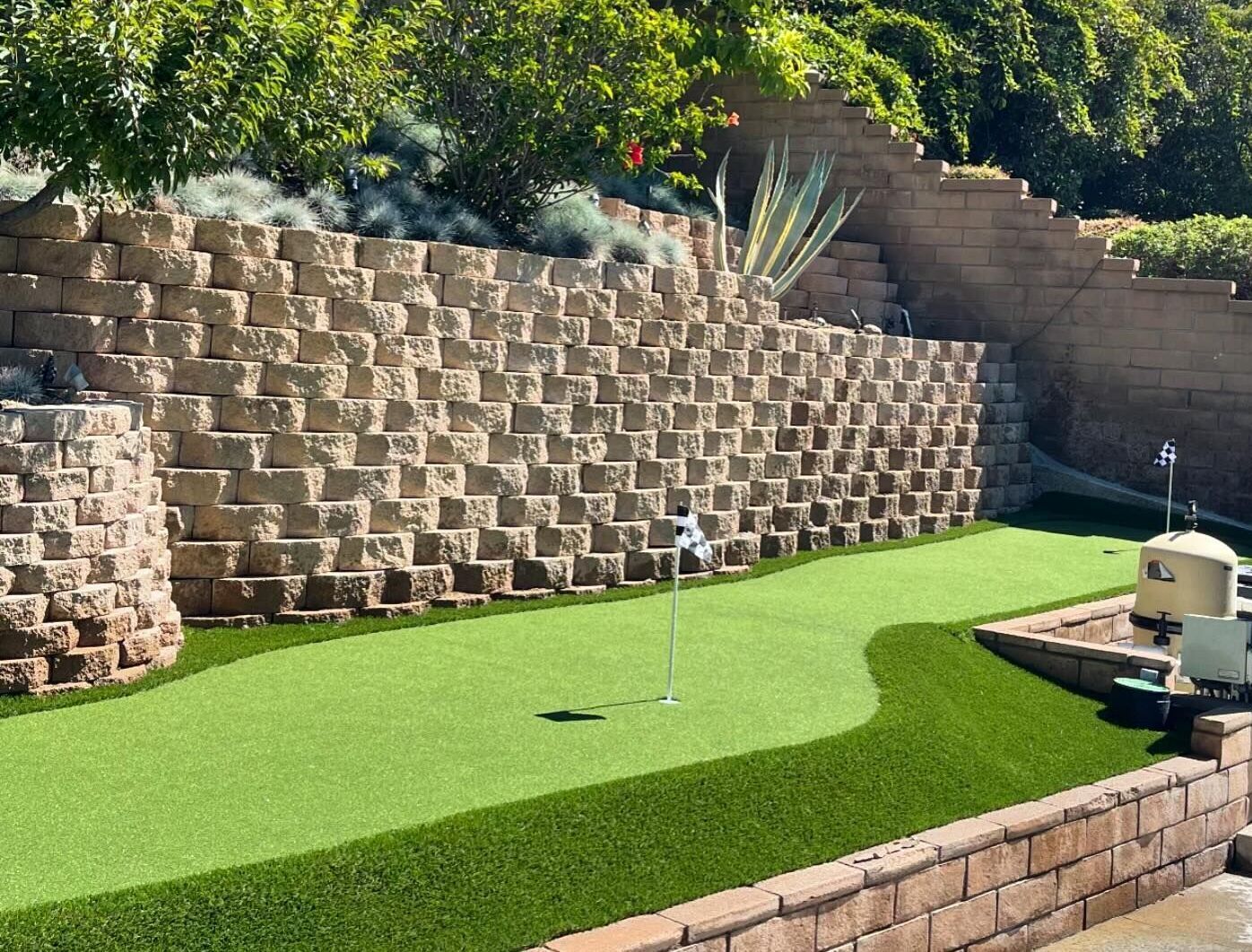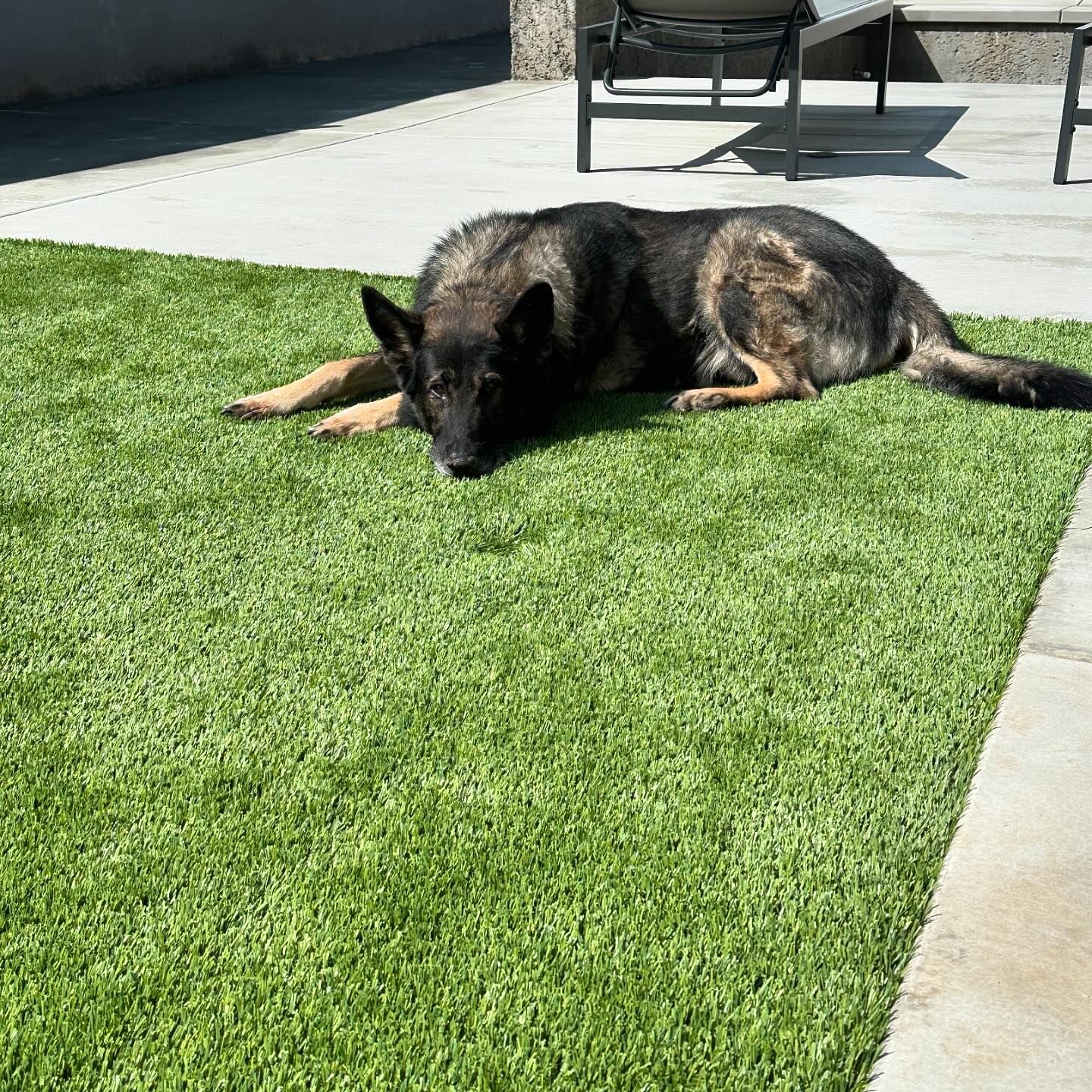DIY Artificial Grass
Do you want to install a great green lawn that uses less water and costs less? Are you curious about how to do it yourself? Learn how to install artificial turf with our Artificial Grass Installation Tips. Many residential and commercial yards are going green with artificial turf because of the low maintenance costs.
What Makes us Unique!
Please Watch our Installation Video
EXPERIENCE THE DIFFERENCE
At Green-R Turf Artificial Grass, we have created a reputation for providing honest, reliable customer service and the highest level of artificial grass products and installation throughout Southern California. Please watch our video…What Makes us Unique.
DIY Artificial Grass Tips
You will discover how to make your yard an eco-friendly zone and save money simultaneously. We have everything you need to complete your project, from turf staples infill to other installation accessories. We are here to help, and please watch our installation video below.
Step 1: Pre-Installation
Remove existing materials. Demolition involves removing any existing materials, whether soil, weeds, or any substance above ground, by rough grading the area and uncovering everything underneath, including electric wiring, irrigation, pipes, etc.
Cap sprinklers.
In this phase, we also cap any existing sprinklers that will not use. It is essential to cap sprinklers at the pipe level instead of the rising. This avoids any leakage that may occur between the two. Modify sprinkler irrigation or drainage.
Relocate sprinklers, modify existing irrigation lines, and add any required drainage. Be sure to backfill and mark the location of any new sprinklers to avoid depressions or low spots.
When locating any wiring, electrical sprinklers, etc., move it inward and away from any hardscape or perimeter by six to eight inches. This should prevent any accidental damage when it comes time to secure the turf edge with nails. Once moved, lay all wiring on top of the subgrade, surfacing with u-nails.
Install Bender Board
The installation of the bender board is an essential step as it provides a clean line and separation for the plants or bed and turf areas.
Step 2: Base Preparation
Gravel DG Mix
The next step is to install the base material. This is a unique mixture of gravel and sand, which allows for proper drainage. Install 3 inches in depth. For a non-pet landscape installation, should install the base material to a depth of 3 inches.
Properly distribute and level base. Proper base distribution and leveling are important for sloping away from living areas and the installed drainage area. The appropriate base installation ensures the turf will have a smooth level appearance upon completing the project.
Step 3: Compacting Base
Next, we wet the existing base to allow for proper settling.
Compaction
Compact the base by vibrating, tamping, and rolling the gravel. This establishes a solid base to drive the nails while installing the turf. Can do any additional leveling or grading at this time.
Step 4: Custom Fitting Turf
When trimming the turf to fit the area properly, you should over-cut the turf by one inch along the edges. This provides the excess turf necessary for tucking. When in doubt, cut the turf fatter as you can always trim it later. When seaming, it is recommended to use the seaming tool. Once cut using the seaming tool, line it up accordingly.
Cutting the Turf
Use the “S: Seam Tool: Cutting the turf in an s-shape avoids the possibility of the turf pieces pushing against each other’s angles, which in many cases would create the illusion of discoloration in the area of the seam. Install nails every six inches along the edge. Install nails along the border by placing them six inches apart, driving them down ¾ of the way.
Staples or Nails
Nails or Staples used in the field should be applied as necessary to prevent turf movement. As before, drive the nails down ¾ of the way. When finishing the nails, separate the grass to avoid pulling down the blades with the nail. The nail is then hidden with the grass blade at the base with the mat.
Don’t drive the nails too deeply in the ground as it will cause the turf to be pulled down, creating dimples on the surface—secure seams with U-nails every six inches. During the seaming process, six-inch u-nails are used to join the turf together.
The two seams are butted against each other with u-nails spaced six inches apart. The finishing process with the u-nails is the same as before. Separate the grass to avoid the blades being pulled down with the u-nail. The u-nail is then driven to the same mat level and then hidden with the grass blades.
Step 5: Tucking Turf Edges
Tucking the turf involves hiding the edges of the turf against any hardscape or edging border by using a metal bar called a wonder bar. The side edges of the turf give it an excellent clean plush look.
Step 6: Applying Filler
In this phase, you use a powder brush. The heavy bristled brush is used to pull against the grain of the grass, causing it to stand up in preparation for applying the Infill sand. Next, apply the infill sand.
The Zeo Clean sand is anti-bacterial and not harmful for pets or children. Spread the granules evenly throughout the turf installation. This acts as a balance to hold the blades upright and gives the turf more weight.
Step 7: Final Groom
The final grooming step involves power brushing the turf once again, lightly, to force the Zeo Clean Infill granules into the base of the turf for settling and optimal stability. Follow up the process to remove any excess debris.
Call us today at (714) 833-9773
Or Send Us an Email
Green-R Turf of Orange County – Service Area
Green-R Turf’s Show Room – Click Here For Directions
Call us today at (714) 833-9773
Or Send us an Email
Green-R Turf Artificial Grass, Pavers of Orange County
*Certified installation provided by Green-R Turf LLC. We are proud to serve the areas of Southern California, from Santa Barbara and San Diego to Big Bear, CA.


